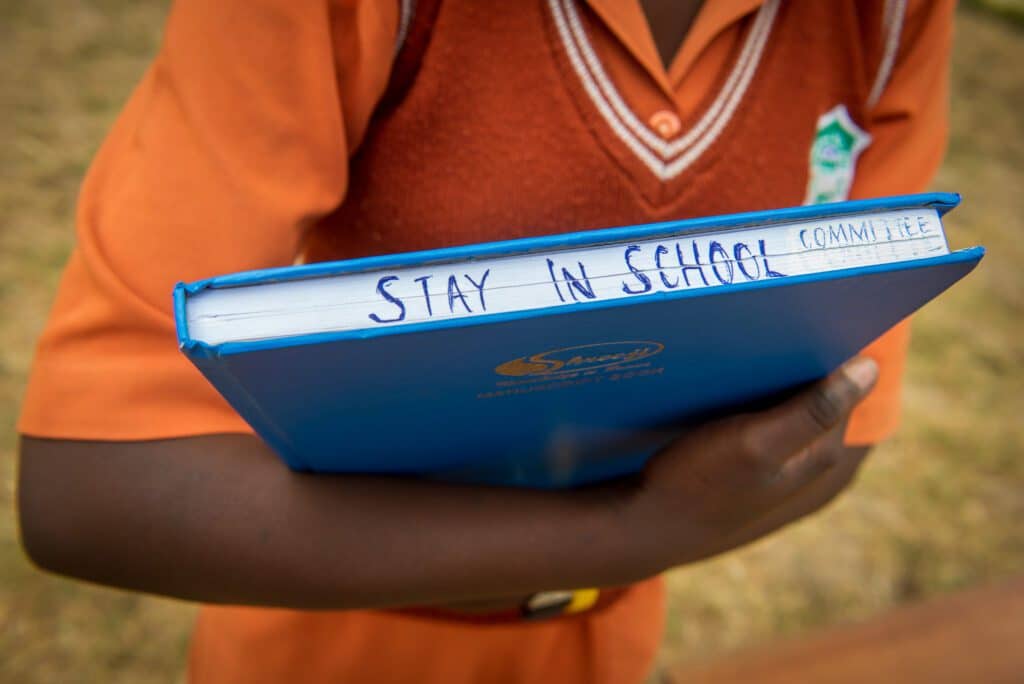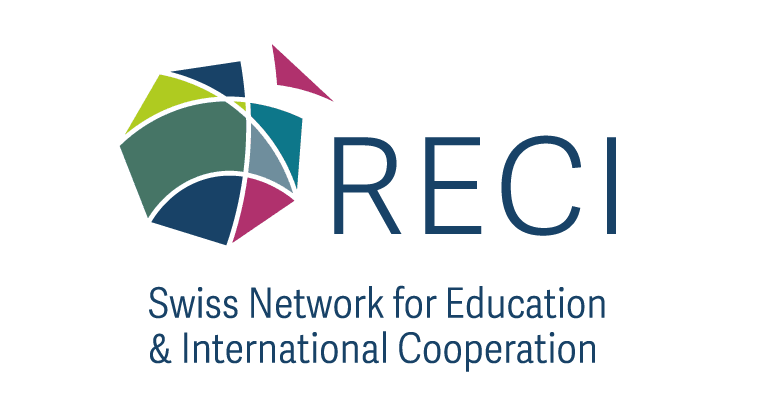Education and Human Rights & SDGs

Education as a human right – and as a means to realise all other human rights
Education as a fundamental human right was first internationally affirmed in 1948 in the UN Universal Declaration of Human Rights, and later confirmed in further human rights conventions and agreements: in 1966 in the International Covenant on Economic, Social and Cultural Rights, in 1981 in the UN Convention on the Elimination of All Forms of Discrimination against Women (CEDAW), in 1989 in the UN Convention on the Rights of the Child, and in 2006 in the Convention on the Rights of Persons with Disabilities.
These and other international treaties define the responsibility of states to ensure that all people, without discrimination on the basis of gender, social and economic status, disability or other factors, have access to quality education that enables their personal fulfilment and full participation in society. In particular, the Convention on the Rights of the Child, which establishes the right of access to quality education, is a powerful instrument to underline and enforce states’ responsibilities in the field of education. It is the only human rights convention that is almost universally ratified – all but one country in the world has committed to fully implementing children’s rights.
Civil society organisations such as RECI and its members can actively engage with the UN human rights mechanisms responsible for reviewing and promoting the implementation of these treaties.
